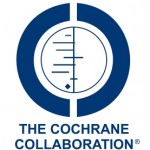
Six small RCTs were included in this review. Findings suggest that botulinum toxin type A (BoTN-A) has a positive effect on post treatment pain. Hover the results should be interpreted cautiously as the quality of the evidence is limited and more high quality studies are needed.
[read the full story...]
